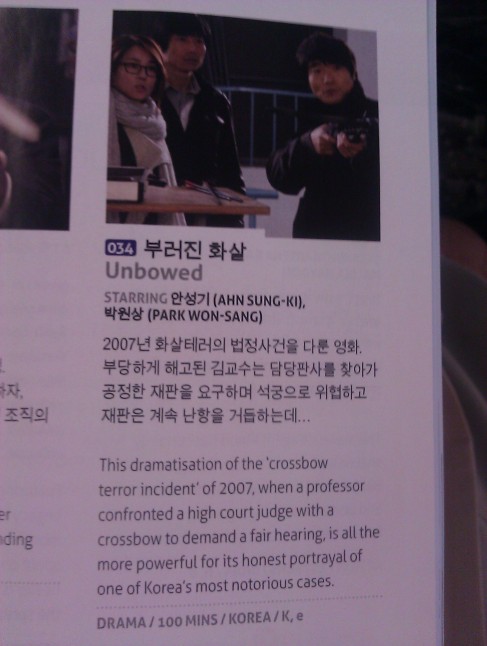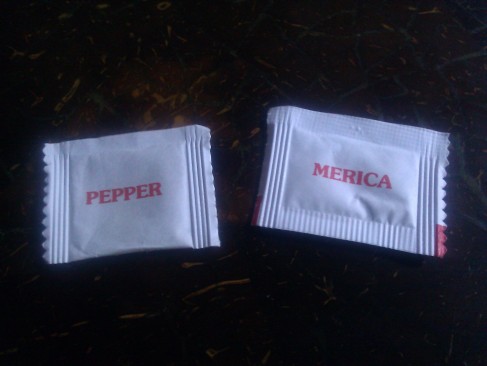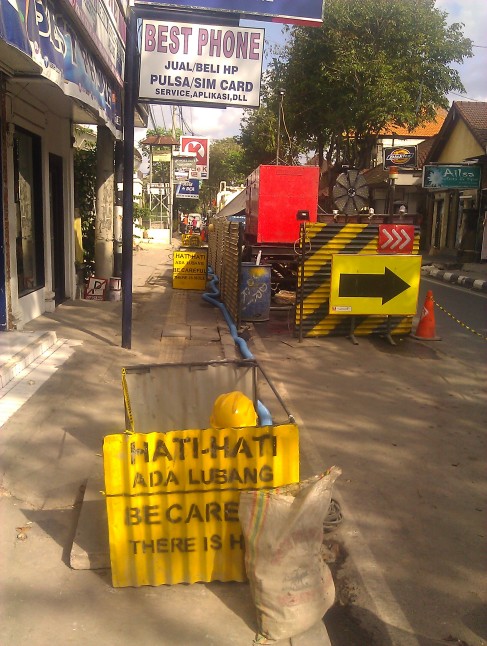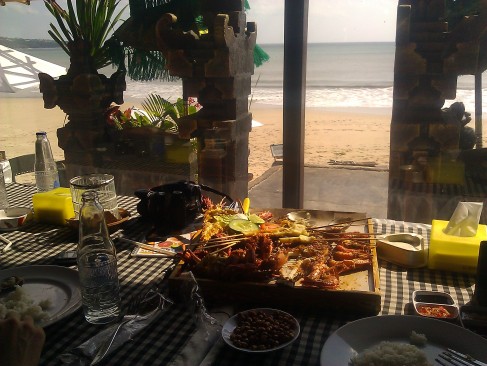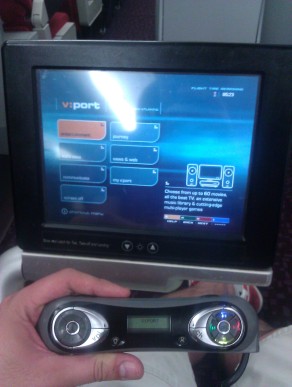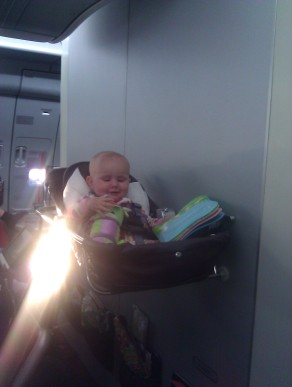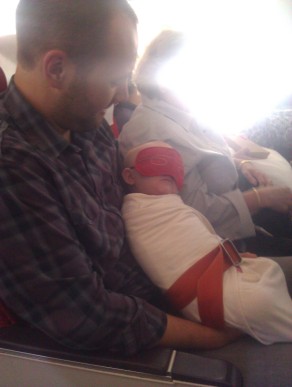We stepped off the old Boeing 737 at 1:30pm, directly onto a tarmac that we shared with U.N. helicopters and blue-capped peacekeepers.
Less than five hours later, we were already lost.
We had taken a taxi from the clinic to Lurumata. “Don’t pay more than $2” Mana Marcia warned us. She had been packing up her things too, about to leave for Villa Verde to drop off Lisbeth. We walked a few hundred meters before we found a running taxi. The old, wizened driver held up two fingers when we asked him “Lurumata”? His car’s brake petal squeaked every time he mashed it–which was often. Just like Bali, and just like Taiwan and China, traffic was a nightmare. I couldn’t begin to imagine myself driving here one day. Scooters weaved around us like flies, and men on the sidewalk selling SIM cards and cigarettes beckoned to me whenever our eyes met.
It only took five minutes to reach Lurumata. We were dropped off across the main street, in front of the aptly named Landmark store. We bounded across the honking, hissing, breathing four-lane road to the “big tree” Natto had pointed out to us earlier that day. “It is a shortcut” he said. Suuure. Like on the Hopi reservation, the streets of Dili had no names. People just knew where to go based on their memories and sheer luck. I was wearing cheap Balinese flip-flops, sporting a massive backpack filled with freshly purchased shampoo and body wash bottles, two laptops, and a sheaf of Project Plus One documents. I probably would have changed into sneakers like Jake. Oh well, too late.
We walked down the narrow “shortcut” street, unsure of where we were going. Even though we had JUST been here a few hours ago, that had been in a car, and we had been too busy chatting with Natto to have focused on where we were going. It was getting dark alarmingly fast. A huge pig lumbered in front of us, followed by four teeny piglets. It veered right into someone’s yard, and we pressed onwards. Small children yelped “hello mister!” to us from behind fences and through open windows; some of the friendlier Timorese men nodded hello to us, but most just eyed us skeptically. It was like they could tell we were lost. Because we were COMPLETELY lost.
Every road looked plausibly like the road to our host family’s house. We passed makeshift soccer fields and small carts lined with vegetables. “Na, bro. I don’t think this is it.” We repeated that to each other over and over again as we walked back and forth, up and down roads. All the kids were home from school now–they swarmed the roads in twos and threes, confusing us even further. After the eighth road, it was getting too damn dark. Most taxis stopped running once night fell, and the sun had almost disappeared from the pink-streaked sky.
“Let’s just go back,” Jake sighed. “We can catch Dr. Dan and ask him for help if we leave now.” We trundled back up the long road to the main street, pressing ourselves up against the stone walls to let cars and scooters squeeze by. Suddenly, a bright yellow taxi appeared behind us. “Taxsi?” we asked. We couldn’t believe our luck.
The driver nodded silently, pointing to his back seat. “Bairo Pite Clinic,” we chimed in unison. He held up three fingers, and we held up two in reply. He shook his head, waving his three fingers in the air at us. “We only have two dollars, sorry” Jake said. I waved my hand towards the road, brushing the driver off as unreasonable. At this, he relented, finallly putting down his ring finger and motioning for us to get in the car.
The drive back to the clinic took longer; we picked up a third passenger, an English-speaking Timorese fellow who said he worked on the beach. “You come visit, yeah? I am off today to have some fun, drink a little, but on Saturday?” We laughed in agreement, assuring him we would stop by some time that weekend. The taxi finally reached the clinic as the sun set, casting an orange-purple glow over the hazy mountains. We walked over to Dr. Dan’s office, only to find it empty. His beat-up Toyota Land Cruiser wasn’t there either. Crap. We walked over to the clinic office instead, hoping to find him there. Instead, we found Mana Yolanda, about to leave. “Uhh, do you have a phone?” I asked, miming a phone with my hand. “We need to call Dr. Dan.”
“Ehh, I thought you go home?” she asked, confused. “Yeah, uh, we got lost. Too confusing,” I replied sheepishlyadmitting defeat. “We are in Lurumata, but we had to come back because we had no idea where to go.”
Mana Yolanda laughed in disbelief, clearly amused by our noobishness. “Ahh, really? I know where it is! Is close to my house. But I have a bike, no car.” I facepalmed quietly to myself, pondering what it would be like to sleep on the clinic office floor. “I call a driver, okay?” Mana Yolanda said. My face lit up. “Really? OBRIGATU BARAK!” I exclaimed, unsure what that even meant. Was she going to tell a taxi driver where to go? Ask Dr. Dan to come back? Nope. The ambulance. We were going to be driven home in one of the freaking clinic ambulances.
Mana Yolanda sorted out our ride in less than a minute. We thanked her profusely, but she only laughed it off, assuring us it was nothing. “See you tomorrow!” we finally said as she walked to her scooter. She nodded, smiling to herself at our silly antics. We paced the parking lot, awaiting our ride. Suddenly, a short, clean-cut Timorese man appeared in front of us. “Are you from Australia?” he asked quietly.” “Uh, no, America,” I replied, extending my hand to shake his. “Are you a volunteer at the clinic?”
He shook his head. “No, I am here for my cousin. She is in the ward.”
“Oh, which one? TB? General ward?” I inquired, hoping to remember her symptoms. We had followed the medical students on afternoon rounds. “No, he said. She is in–she is–”
My heart sank. “She is thirteen?”
He nodded silently. His cousin was the young girl with leukemia. There was not a mite of cancer treatment on the whole island. The medical students told me that she probably had two weeks to live.
“I am so sorry.” I said. I didn’t know what else to say. I resorted to a trusty Chinese greeting: “Did she eat yet?”
“Yes, she did.” My heart rose a bit in my chest. “But she has blood–” he motioned to his mouth, curling his upper lip up–“her gum has blood.”
The ambulance pulled into the clinic’s dirt driveway. Jake and I exchanged a glance, and turned back to the young man. “I am sorry” I said again, unable to offer more than my condolences. “I will see you tomorrow.”
He nodded again, and began to walk towards the isolation ward where his cousin was staying. We had walked by it a few hours ago with Natto. I had literally seen the young girl rinsing out her mouth with water. I thought she had been brushing her teeth. Now, I realized she had been trying vainly to clear the blood out of her gums.
The ambulance driver and his friend were cheery and good-natured. We turned down the exact same shortcut Natto had shown us, but turned right instead of left after a large red fence. “Ohhhh,” Jake and I both exclaimed in unison. We finally knew where to go. Not left, RIGHT. Our host mom and dad greeted us at the metal gate. “Obrigatu barak!” we yelled back at the ambulance driver. Dinner was waiting for us–white rice, stir-fried bok choy with fried chicken (nan manu), with even a side of eggs and crinkle-cut french fries. And it was absolutely delicious. “Kapas los,” we told the senora. We had made it back alive.
